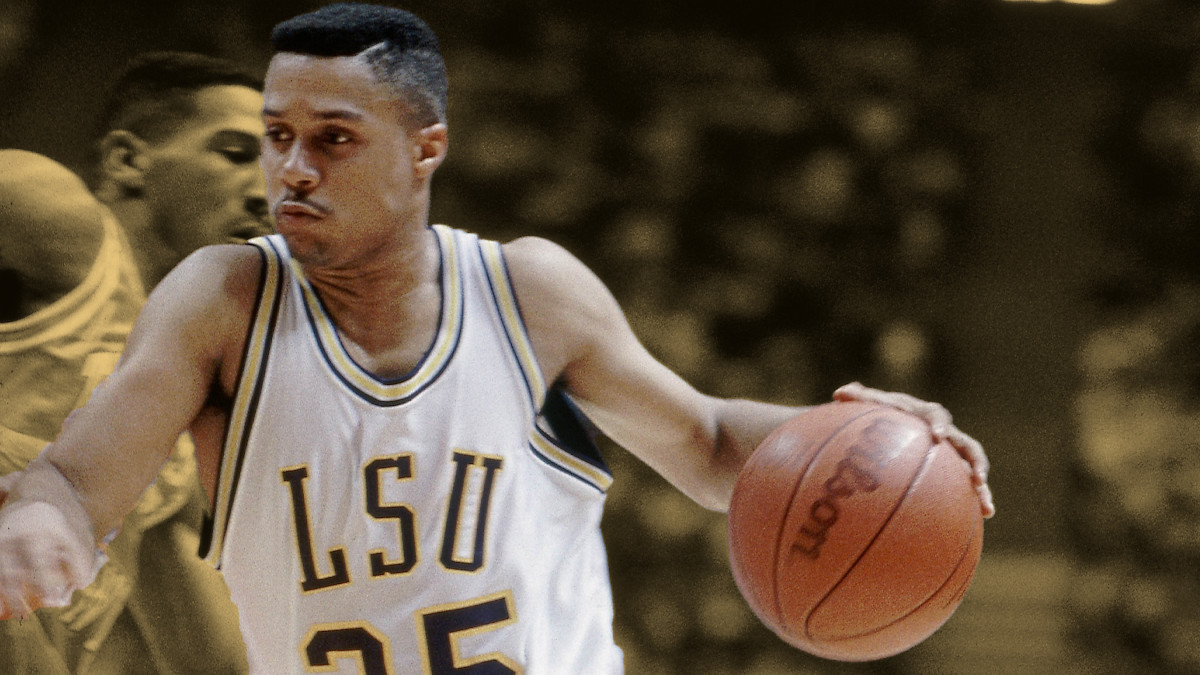Long before today’s athlete-activists, Mahmoud Abdul‑Rauf stood at the intersection of skill and conviction. Drafted by the Denver Nuggets in 1990, his career was marked by a lightning-fast release and accuracy from the free-throw line, earning him the NBA’s Most Improved Player award in 1993. With a career average of 85.4% at the line, Abdul‑Rauf demonstrated elite precision—yet it was his integrity that truly defined his legacy.
In 1996, Abdul‑Rauf refused to stand for the national anthem, claiming “the flag was a symbol of oppression and injustice.” His protest ignited national debate, costing him suspension and widespread backlash. Sports historians note his action predates Colin Kaepernick and other athlete-led movements by two decades. His stand underscored the role sports figures can play in social discourse and highlighted the personal cost of speaking out. Despite losing endorsements and public favor, he remained steadfast, eventually returning to the NBA and continuing to engage in community activism.
Today, Abdul‑Rauf’s story endures as a testament to courage in sports. As chronicled in retrospectives, he challenged fans, leagues, and policymakers to rethink athletes’ roles beyond entertainment. His combination of precision on the court and moral conviction off it transformed him into a trailblazer. By blending talent with conscience, Mahmoud Abdul‑Rauf remains a quiet legend that reshaped expectations—and opened the door for future generations of athlete-activists.







Leave a Reply